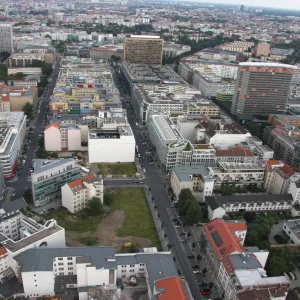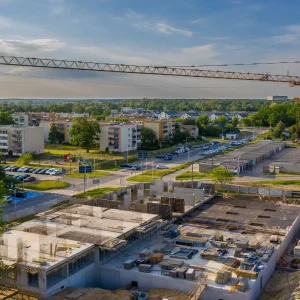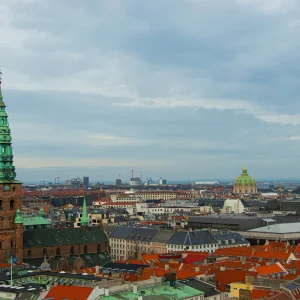This is a defining election for the economic destiny of people and local communities across the UK. From major cities to coastal towns, it’s now impossible to ignore that our local economies are failing to achieve social, economic, and environmental justice for the vast majority of people.
We hear much about how this is the “Brexit election”, with a major dividing line supposedly drawn between Leave and Remain. But the truth is that this is a local economies election. From Huyton to Hackney, it is now clearer than ever that we need a new social contract to achieve local economies that work for all.
In our manifesto, the Centre for Local Economic Strategies (CLES) offers a suite of policies that, if implemented, would start to put a broken Britain and its local economies back together again.
Covering wealth, power, public services and climate emergency, the manifesto is rooted in our 34 years of thinking and practical doing across the UK. It reflects a fact that major parties are only now starting to wake up to: after years of austerity and tinkering around the edges, this country needs to transform our underlying political economy on a scale not seen since 1979, or even 1945.
How can we start to replace Britain’s economic model with one that is more democratic, sustainable, and prosperous? First, we need an immediate response to the climate emergency. CLES endorses the transformative potential of the Green New Deal, and calls for every local and combined authority to produce mandatory variations, framed by both a new future generations and wellbeing act, and an end to GDP as the defining measure of economic success.
Secondly, it is time to scale up the community wealth building movement that is already helping to transform dozens of local areas such as Preston, Islington and North Ayrshire. The much talked about Preston model has been stymied by significant practical and national policy barriers that could be assuaged with what we’ve called a community wealth building act. This landmark piece of legislation would set out how the government could utilise the full weight of its resources and power to build an inclusive economy based on community wealth building principles.
The act would strengthen democratic trade unions and introduce a land value tax in every locality. In particular, we call for the introduction of a revolution in government procurement by introducing a social license to operate, a national accredited scheme for all existing and potential suppliers to the public sector. This would ensure that living wages, local jobs, zero carbon and responsible activity and supply is embedded in our public sector spending.
Beyond community wealth building, we must get serious about devolution. It’s time to end the imperfect English devolution process and the deep-rooted imbalances of power and wealth. CLES is advocating a wholescale constitutional shake up, including a new national redistribution process with new fiscal devolution for local areas.
Finally, we must end the attack on our public services after a decade of austerity and three decades of neoliberal economic policies. Over the last three decades, our local public services have fallen far. Thirty years of outsourcing and marketisation have combined with almost a decade of austerity to eviscerate our public services, with private sector management techniques and values imported into much of the UK public sector. Let’s end austerity, properly fund our local public services, and explore options for local municipal ownership of key assets
At CLES, we believe this is the most significant election in our history. With rampant poverty, growing inequality, and the climate emergency confronting us all, now is the time for radical action. Our manifesto offers policy solutions and pointers that will accelerate the green transformation and create inclusive local economies for all. We call upon the next government to take bold steps; the hour is too late, and too urgent, for anything less.
Neil McInroy is chief executive of CLES, the national organisation for local economies, developing progressive economics for people, planet and place. We work by thinking and doing, to achieve social justice and effective public services.






